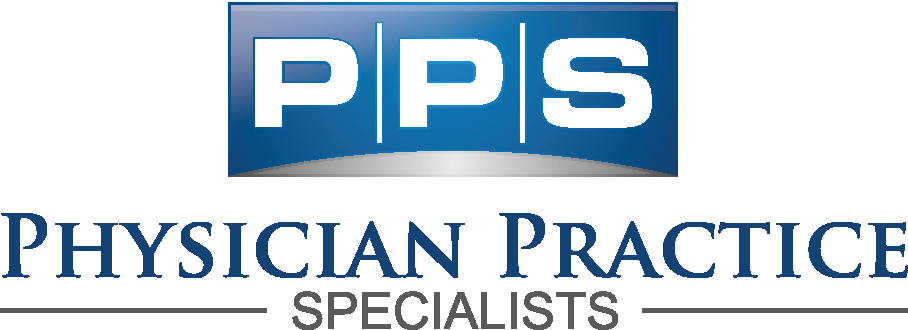Starting your own healthcare practice can be a daunting task. Between provider credentialing, licensing, and equipping your practice, there is a lot to consider. With the right planning and preparation, starting your practice can be a fulfilling and profitable venture. Here are six tips for starting your own healthcare practice, including credentialing:
1. Research and Plan
Before launching a healthcare practice, it’s a good policy to have a solid plan in place. This plan can include market research, financial projections, and a clear understanding of your target audience. Answering some key questions about healthcare availability in your area can help in forming your plan. Appropriate questions include:
- What are the current healthcare needs in your community?
- Who are your potential patients?
- Who are your competitors and what services do they offer?
- What are the startup costs associated with opening a healthcare practice?
- Will you need to secure financing, and if so, what are your options?
Knowing these answers can help you create a practice that stands out and fills a needed role in the community.
2. Choose a Specialty
Choosing a specialty for your practice is necessary because it determines the scope of the services you’ll provide. Popular healthcare specialties include general practice, pediatrics, dentistry, and mental health. Your skills and interests are likely to be the biggest influence on this decision, but you can also consider the demand for different specialties in your area.
3. Obtain Licenses and Certifications
Once you’ve chosen your healthcare specialty, it’s time to obtain the necessary licenses and certifications. The requirements for healthcare licenses and certifications vary depending on your state and the type of healthcare practice you plan to open. You may need a license from your state medical board, dental board, or nursing board, among other agencies. Inform yourself of the licensing and certification requirements for your specialty and seek them out early to avoid complications.
4. Consider Professional Provider Credentialing
Credentialing can be a time-consuming and complex process, especially if you’re not familiar with the requirements. Consider outsourcing provider credentialing to a third party, like Physician Practice Specialists (PPS), who can handle the process on your behalf. Our team can provide expert guidance on the credentialing process, making it quicker and easier. We’ll help secure proper credentials for your practice while allowing you to focus on providing quality healthcare services.
5. Network With Other Healthcare Professionals
Networking with other healthcare professionals can help you stay informed about industry trends, gain referrals, and stay up to date on changes in the healthcare landscape. It can even be a useful way to meet professionals who might like to work at your practice. Attend conferences, join professional associations, and participate in local healthcare groups to meet and connect with other healthcare professionals.
6. Develop a Marketing Strategy
Marketing is valuable when starting a healthcare practice, as it helps you reach potential patients and build a patient base. Consider developing a marketing strategy that includes social media marketing, email marketing, and traditional marketing methods like print ads and direct mail. Be mindful to adhere to any advertising restrictions set by your state medical board.
Your Own Practice Is Within Reach
Careful planning, research, and decision-making can help make the process of starting your own healthcare practice much more manageable. Hard work and persistence will also play a role, as starting a practice is challenging. With provider credentialing assistance from Physician Practice Specialists, a network of supportive colleagues, and a marketing strategy, you can succeed. As you start your journey towards your own practice, contact PPS to learn more about simplifying your credentialing process.


